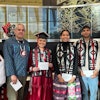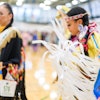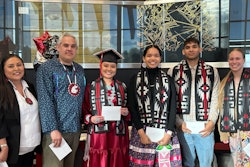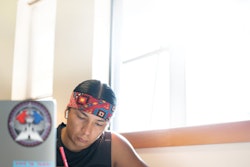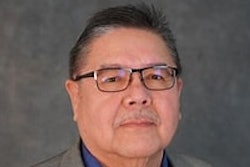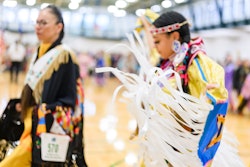ST. JAMES N.C.
The flat coastal plain, punctuated by trailers and cornfields, offers few clues that this is the home of the Waccamaw-Siouans, a little-known American Indian tribe that has lived in southeastern North Carolina since the mid-1700s.
But this small tribe has become the center of a movement that is quietly trying to change the future of an invisible, and often neglected, population.
More than two dozen aspiring doctors from around the world recently wrapped up five weeks of volunteer work with tribes in North Carolina. They helped run day camps and leadership courses, planned wellness centers and worked in tribe hospice programs all efforts to address health problems that afflict American Indians more than any other population.
American Indians in North Carolina, like those around the country, are more likely than any other group to get, and have serious complications from, diabetes, studies show. Compared with white people, they are at higher risk for high blood pressure, asthma, obesity and mental illness. They are less likely to visit doctors, have health insurance, exercise or eat balanced diets.
“American Indians live sicker and they die younger,” said Anthony Fleg, a medical student at the University of North Carolina at Chapel Hill who started the volunteer project. “It’s unjust. But in the eyes of many folks, American Indians are not even on the radar.”
While North Carolina may seem an unlikely place for what Fleg calls the Native Health Initiative, he points out that North Carolina is home to the largest American Indian population east of the Mississippi, an estimated 108,000 people. And unlike those in the American West, most of the state’s tribes are not federally recognized, meaning they receive few public resources.
